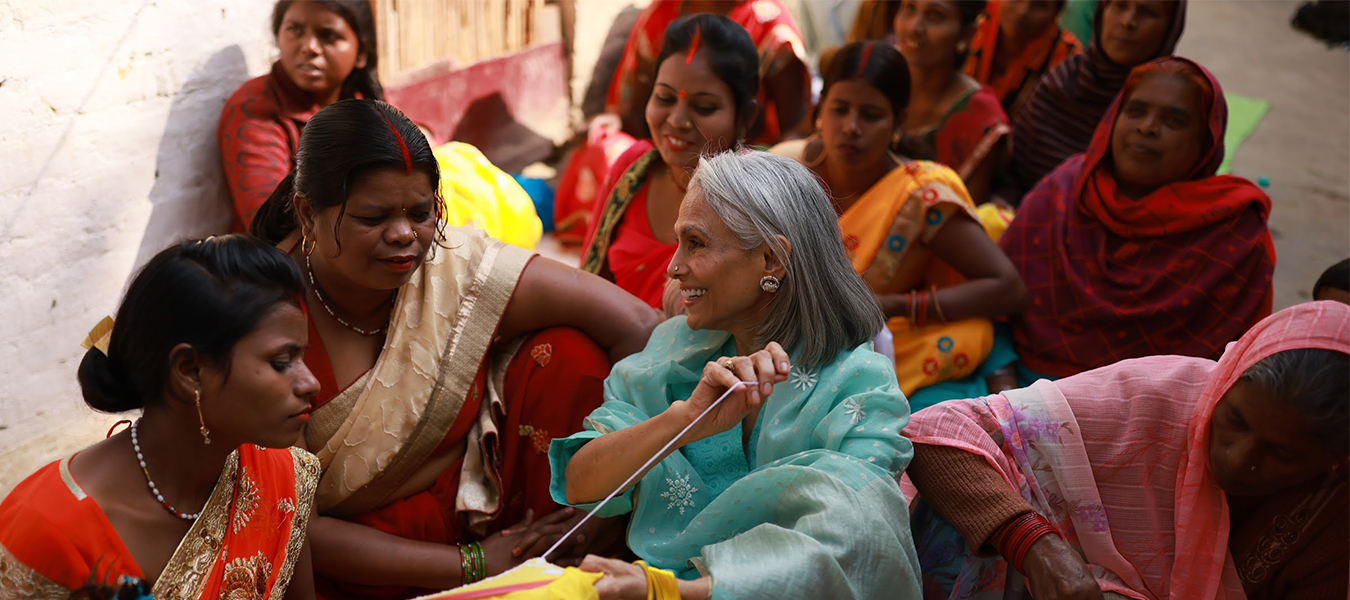MSMEs (micro, small and medium) are the backbone of an evolving India. Their grassroots presence makes them an important player in achieving sustainability at a national and global level. According to the UDYAM portal, there are more than 6.43 crores MSMEs currently registered in India with more than 57% belonging to the micro category. In a developing nation like India, micro-enterprises are crucial for sustainable economic growth due to their significant contribution to job creation, poverty reduction, and inclusive development.
Micro-enterprises are classified as enterprises where the investment in plant, machinery or equipment does not exceed one crore rupees and annual turnover does not exceed five crore rupees. Spread across sectors such as textile, footwear, food processing, agriculture, handicraft, services and retail trade, they are engines of growth that are powering India’s ambition of a $5 trillion economy.
Empowering Micro-Enterprises
In recent years, there has been a global shift in understanding the role of micro-enterprises. They are no longer seen as local business entities, but powerful economic agents that can stimulate sustained economic growth. In India, these microbusinesses are often family-run or managed by women, providing social, economic and cultural support to the entire community.
Most of these micro-entreprises are community funded and have a self-sustaining model. This allows them to provide employment to more people and reduce unemployment rates. As these enterprises grow, they help increase household incomes and boost purchasing powers within their own communities. Opportunities in their own village also reduced rural-urban migration, preventing cultural erosion.
By producing locally, these micro-enterprises cater to local needs, shorten supply-chains for urban buyers, reduce dependency on exports and contribute to more resilient and robust community-centered economies. Their impact extends beyond their immediate surroundings, creating a multiplier effect in the economy that leads to a more inclusive, equitable and sustainable future.
From Local to Global Impact
Over the years, Fabindia has remained true to what it had started 65 years ago- rooting itself in local traditions and communities by supporting more than 1,000 Small and micro-entrepreneurs. Our connection with our artisans and vendors runs deep, a third of whom have been associated with us for more than 10 years and over 150 for more than one generation.
Our commitment to supporting these entrepreneurs goes beyond artisans associated with us, we have partnered with the Ministry of MSMEs under the PM Vishwakarma Scheme. The collaboration between Fabindia and MoMSME is focused on enhancing the marketing development activities of artisans registered under the PM Vishwakarma scheme, enabling them to showcase their craftsmanship to a wider audience and boost their livelihoods.
This commitment towards building artisan-led and community-owned companies was also recognised by President Clinton in 2007.
One of the most promising outcomes of this philosophy is Rangstura, India’s first and largest community owned craft brand and long-standing partner of Fabindia. With INR 1,000 paid-up share capital contributed by 1,000 artisans, Rangsutra embodies the true spirit of a micro-enterprise- one that was established to support rural women artists and create sustainable livelihoods for them. It is a B Corp, attaining its certification in January, 2025.
At Fabindia, we are building a platform where artisans can thrive and preserve their cultural heritage at the same time. Our goal is not just to create economic opportunity, but also foster a sense of ownership, pride and dignity in the artisan communities.
This model of inclusive growth and grassroots engagement is a powerful reminder that the growth story of India is deeply intertwined with the prosperity of micro-enterprises. As we work towards a Viksit Bharat by 2047, micro-enterprises will play a crucial role in helping us achieve the momentum to reach there. The path to sustained growth goes through the empowerment of micro-enterprises.





